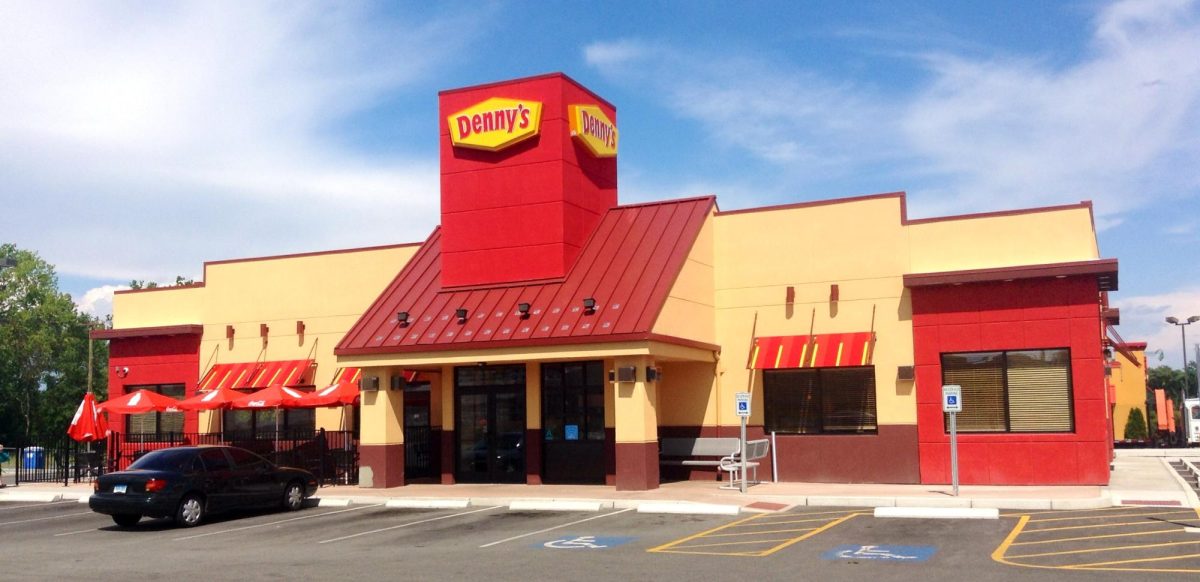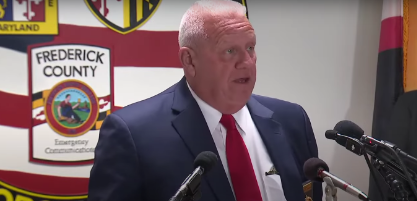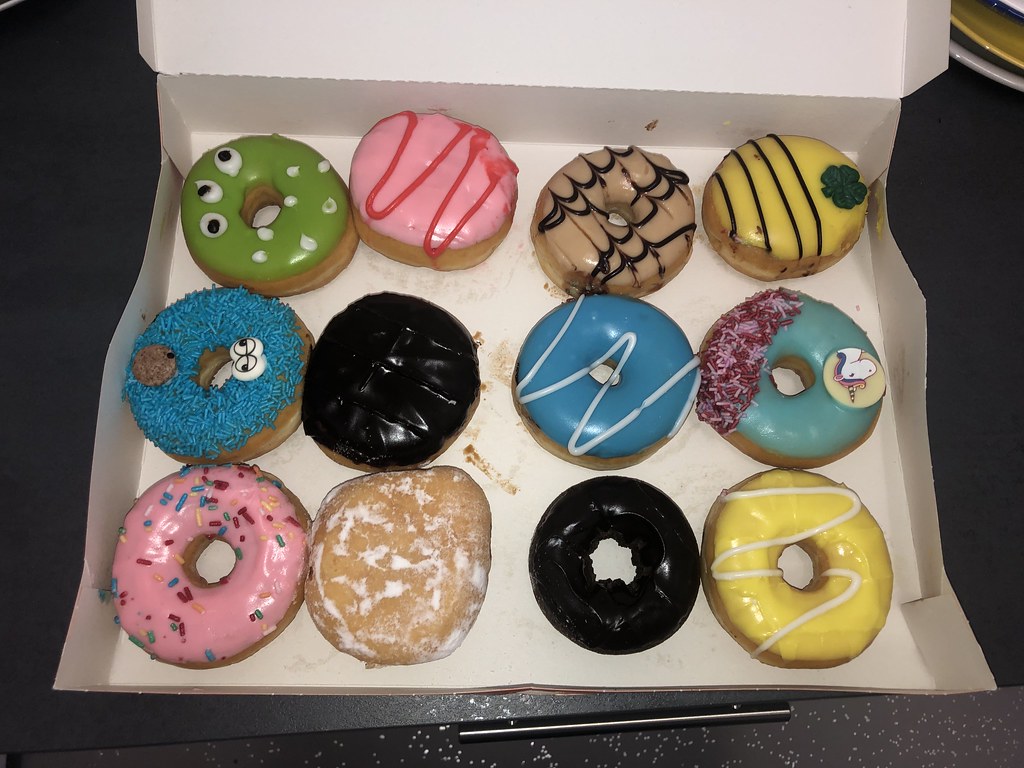The FAFSA for the 2024-2025 school year opens at the start of December, 2023. To Seniors, this is something that’s been plastered across all platforms for months on end. It’s everywhere you look, from Schoology to CommonApp. FAFSA is slowly rearing its head, but what does that really mean?
The Free Application for Federal Student Aid, better known as the FAFSA, is a nationwide program developed by the U.S Department of Education designed to help college students across the country. Developed in 1965, FAFSA’s main goal is to give out grants and loans to students searching for extra aid in their college payments. To differentiate, a grant is money given towards a student’s education without the need for it to be paid back. Meanwhile, a loan has a requirement where the borrowed money must be returned after a certain amount of time. Both are styles of financial relief that the FAFSA has the ability to provide, depending on the income of the student’s household.
According to the Education Data Initiative, the cost of attending college is roughly around $36,000 – $37,000 on average per year. That can equate to up to nearly $150,000 for a four year education and, even more so, a whopping $220,000 for six years — and that’s just the average cost. Some colleges are even more expensive depending on where they are, if they’re public or private, and what your major may require you to purchase. That’s why the FAFSA is so important to a student’s college experience.
The FAFSA form is free, making it relatively accessible to anyone trying to get into college. Considering the fact it deals greatly with the amount of money a student’s household is already receiving, it’s a smart decision to sit with your parents or guardian as you fill out the questions.
The way FAFSA works is it gathers information about a student’s current financial situation and sends it to colleges that student is looking to apply to. These colleges review the FAFSA form and use it to determine how much money could be given to a student, whether it be through a grant or a loan, to help them pay for the costs.
As nice as this sounds, FAFSA will not be able to cover all of what you can’t most of the time. Whether this is because their guardians’ income doesn’t meet the amount needed or the college in question doesn’t have lots of money to spare, students will often have to search for additional measures to cover their expenses going into college. Luckily, there are many scholarships available all over the country that can help greatly indent the hefty costs.
But what makes it so important? Why are so many organizations sounding the alarm for FAFSAs arrival? Well, as you could assume, not filling out the FAFSA will result in not getting any federal financial aid for that school year. However, without the FAFSA, you may also lose the opportunity to multiple other scholarships that colleges could grant a student. The cost of college is shockingly high, especially to new, first-year students. FAFSA is promoted like crazy to help keep students informed on what needs to be done in order to prevent losing these benefits.
If you’re wondering what you can do to prepare, here’s a checklist of things you can do before the form opens this December.
- Inform your guardians of when FAFSA opens up this year. Perhaps plan a day over winter break or on a weekend so you can all sit down and work through the form together.
- Be mindful of what you’re filling out. The FAFSA will take everything into account, from how large your household is to how much money you and your caretakers make yearly. Pay attention to the questions and read thoroughly — every answer will affect what your total amount of aid will be.
- Remind friends or family members also attending college in the 2024-2025 school year. As stated, missing out on aid can be detrimental to a person’s finances. Help your loved ones out and double check that they fill out the form, too!
- Remember: FAFSA may not cover everything. Students may need to take out their own unsubsidized loans, or borrowed money that must be paid back, to help cover the remaining balance. Do not panic if the amount you receive back from FAFSA does not equate to the amount you’d first wished. There are still scholarships and other opportunities available to help. No matter what you believe you may get in return, big or small, fill it out! There’s nothing to lose and everything to gain.
Be sure to keep an eye out for the upcoming month! FAFSA is important for every student to understand, not just graduating seniors and college students. Your ability to control your future is in your hands.

























